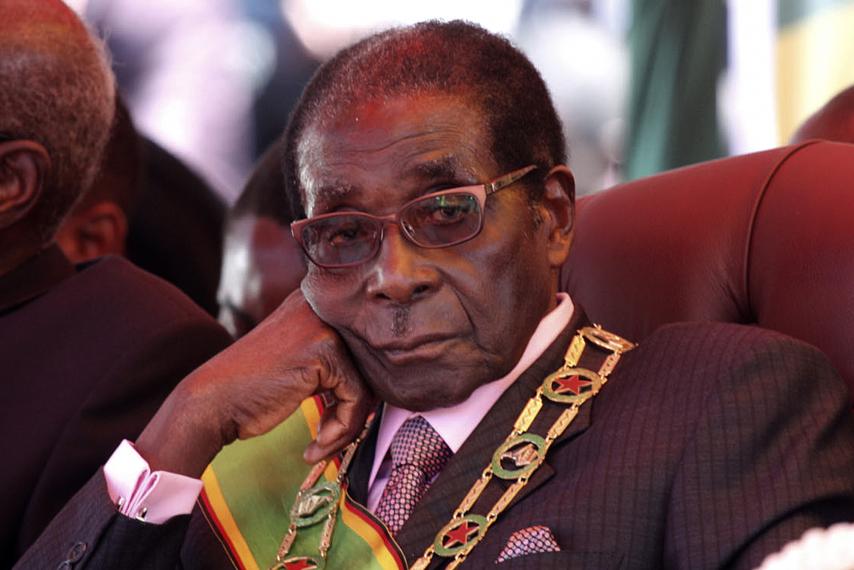Last week the world witnessed a momentous political event in the nation of Zimbabwe. One of Africa’s most authoritarian and repressive regimes was put on notice by its own citizens.
President Robert Mugabe who led the liberation struggle that freed Zimbabwe from white minority rule in 1980 was told by his own party the Zanu PF to call it quits, to resign.
The Zimbabwean army had intervened and taken control, though leading menbers of the military won’t say on record that it is a coup for fear of incurring the wrath of the African Union and the International community.
President Mugabe is still clinging to power, stubbornly refusing to relinquish control, thumping his nose in the faces of thousands of Zimbabwe who came out strongly on Saturday to demand his resignation.
The public demonstration was ample evidence that they have had enough of their 92 year old leader and his oppressive rule. Zimbabweans desperately want a change in their political leadership. A suffocating political and economic atmosphere has rendered their lives difficult and miserable.
Over the years, the people of Zimbabwe have endured stifling economic conditions all brought about by the ineptitude of Mr. Mugabe who surrounded himself with corrupt officials.
Once the breadbasket of Africa, Zimbabwe, under the leadership of Mr. Mugabe, quickly became a basketcase, the direct consequence of his gross mismanagement of the economy and poorly enacted policies.
And, the people of Zimbabwe continue to pay a huge price; inflation is breathtakingly high, prices of common goods are prohibitive, and to make matters absolutely worse, Zimbabwe has no currency it can call its own. It uses the American dollar.
Mr. Mugabe has ruled his country with an iron fist; his political party remains dominant and has won elections dubiously. Political dissent is severely punished and those who dared to oppose Mr. Mugabe are either imprisoned or forced into exile or worse.
It is indeed disheartening that Zimbabwe has come to this. In 1980, there were high hopes for the newly independent Zimbabwe, a country that has just emerged from decades of white rule and a devastating civil war.
The international community opened its arms to Zimbabwe and threw its weight behind Mr. Mugabe and his government, doing everything it could — including among other things —lavishing financial support —- to ensure that Mr. Mugabe succeeded. Sadly, however, Mr. Mugabe squandered the goodwill extended by the world and embarked on questionable policies that ultimately have doomed the country’s fortunes.
Of particular importance was his confiscation of farms previously owned by white Zimbabweans and distributing them to members of his political party who did not have the wherewithal to manage and cultivate the farms. Food production suffered greatly.
I shed no tears for Mr. Mugabe. His political fate, sad as it is, because of his immense contributions to Zimbabwe’s liberation, should not come as a surprise to us; it was long overdue. He had the opportunity to turn Zimbabwe into one of the most progressive nations in Africa but failed woefully to do that. He blew it as the Americans would say.
Instead, he has amassed wealth, ran the economy into the ground and stifled political dissension. His departure will at once be a welcome relief for millions of Zimbabweans and a solemn warning to the remaining dictators on the African continent.


